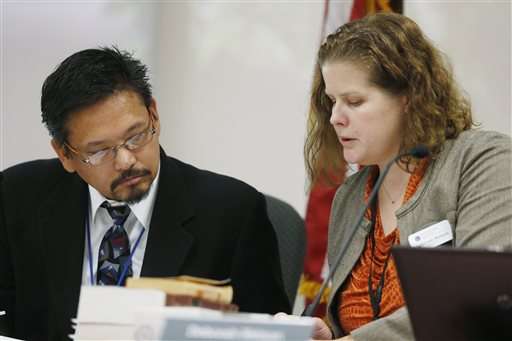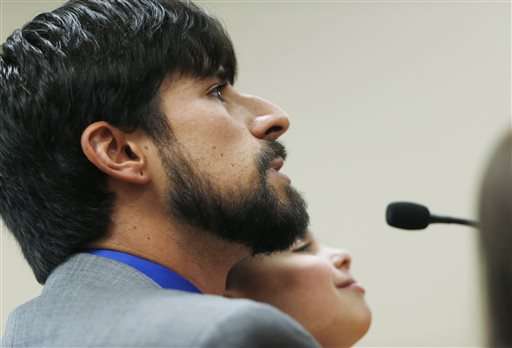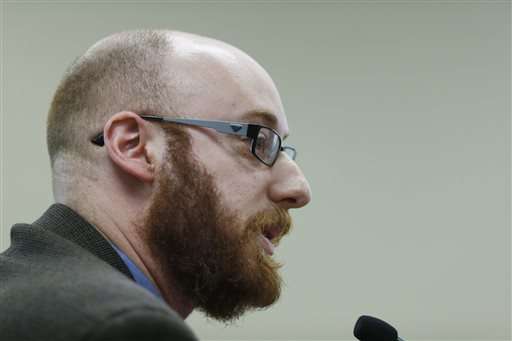Pot-pioneering Colorado rejects marijuana as PTSD treatment

Colorado is known for pushing boundaries on marijuana, but health officials' decision to reject pot as a treatment for post-traumatic stress disorder shows the issue is far from settled.
Voters have made marijuana legal for both medical and recreational use, but government officials at every level have continually pushed back.
The state Board of Health voted 6-2 Wednesday against adding PTSD to the list of ailments eligible for treatment with medical marijuana. It came despite a recommendation from Colorado's chief medical officer and a panel of physicians.
Board members cited a lack of research, including medical trials.
"We have an absence of scientific information," board member Rick Brown said.
Marijuana is illegal under federal law, and some scientists say research has been stymied by government hurdles, including a declaration that marijuana is a controlled substance with no accepted medical use.
The Department of Health and Human Services made it a little easier last month for privately funded medical marijuana research to get approved. The department said a federal Public Health Service review of research proposals is no longer necessary because it duplicates a required review by the Food and Drug Administration.
Some people attending Wednesday's vote on PTSD noted that none of the medical conditions currently eligible for state medical marijuana cards, including AIDS, epilepsy and glaucoma, has the kind of scientific backing the board mentioned.

One physician recently awarded a state grant to study marijuana use by veterans testified that PTSD sufferers are already using pot to treat their symptoms.
"People are going to use it anyway," said Dr. Sue Sisley, adding that PTSD sufferers can shop at recreational dispensaries or get a doctor's recommendation for the broad category of "severe pain," which covers more than 90 percent of the 113,000 Coloradans on the medical marijuana registry.
Many of those patients ask pot-shop employees, known as "budtenders," about using marijuana to treat PTSD, not their physicians, Sisley said.
"This just provides better access to different strains under a physician's guidance," she said in favor of adding PTSD to the medical pot registry.
The state's chief medical officer, Dr. Larry Wolk, told the board that adding PTSD would make the registry more "honest."
Nine states consider it a qualifying condition for medical marijuana: Arizona, California, Connecticut, Delaware, Maine, Massachusetts, Michigan, New Mexico and Oregon.

But the board, many of them physicians, said they couldn't approve a medical treatment that falls short of federal guidelines.
"This is a terrible condition. We don't have a great way to treat it," said Dr. Tony Cappello, the board chairman, who highlighted an established federal process for drug approvals.
The rejection showed the latest disconnect between voters and public officials on the issue.

When Colorado voters approved recreational pot in 2012, just one of the state's 100 lawmakers, Rep. Jonathan Singer, endorsed the idea. Democratic Gov. John Hickenlooper remains cautious and says not enough is known about legalization's effect on young people.
Singer, a Democrat, has said he would propose a bill next year to circumvent the appointed board and add PTSD without its approval.
"We have to balance our science and our humanity together," he said.
© 2015 The Associated Press. All rights reserved.













